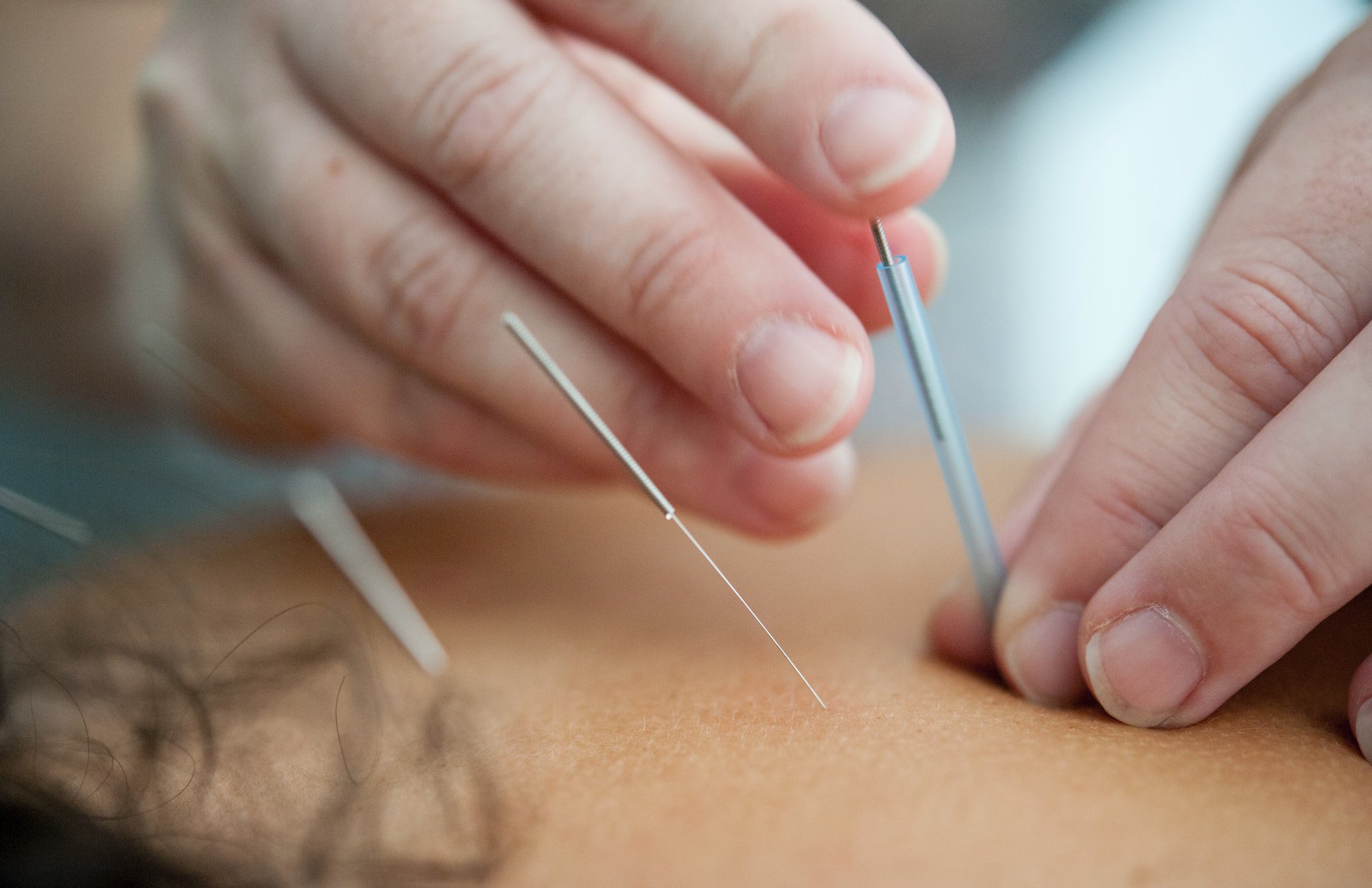Yesterday I had an appointment with my acupuncturist.

Neil is a wonderful guy. An Aikido master, practitioner of Zen for thirty years, and wise beyond words. So our sessions are always peppered with some excellent to-ing and fro-ing.
After six months in Italy and the Italian diet of coffee and red wine interspersed with food, he said I was in good shape. Then he threw in the clunker. "The Cancer Council has finally come out and stated categorically that any alcohol at all heightens your risk of all cancers. Even though red wine has been shown to be good for the heart, its coronary benefits are outweighed by its cancer factor."
Damn! I hate hearing things that don't agree with my preferred worldview.
Especially when I'd just 'graduated' from my very basic wine appreciation to something more – an appreciation, through practice and diligent self-application, of what it really means to drink a good red vs. most of the stuff I'd ever drunk before.
My sense of achievement was shattered.
The question I hear from my readers is..
..will Ian give up wine in the light of the Cancer council's proclamation?
Will a fact change a behaviour?
Will cold hard data overcome the love of a sip of red in the company of good friends?
The answer is that I will continue to expose myself to this risk.
I will have one glass of Merlot with dinner. But.. how can I say i am a health advisor if I do things like that? Years ago I challenged my local GP. I asked him how he could be a good doctor and smoke. His answer was, of course, predictable.
"What I do with my life is my affair. What I do to assist you with your life is your affair. If you think I'm not capable of advising you on your health, I recommend you seek the services of another doctor."
But.. the question still remained in my mind. If you hear a fact about the way you live that is conclusively showing you to be at high risk of slow and nasty death, but you so easily choose to ignore it, how can health advice ever sink in?
This is a real can o'worms, because I can look at it using Kubler-Ross' famous stages of denial as a guide:
1. Ignore
2. Deny
3. Argue
4. Bargain
5. Accept.
And I begin to see all the factors that are in play here.
* Our need for instant gratification vs. a perceived lower quality of life.
* Our ability to actually hear a negative message and accept it.
* Our history of misinformation from apparently august medical authorities.
* Our need to 'rebel' using the many professional 'rebels against the system' we can find on the net.
* Our love of where we are right now and our resistance to change.
It has been said that to actually change someone's point of view they must be immersed in a new paradigm for at least 21 days. This is the reason cults work so well.
But isn't the paradigm we live in, conducive to denial of the truth?
If not, why are we so damn unhealthy and so willing to bargain for a few more days of 'as is' health rather than the promise of a better day every day following a change in our present health regimen? If there is a 'cult' I suggest we are all members.
It's the "I'm (cough) Alright Jack” cult.

